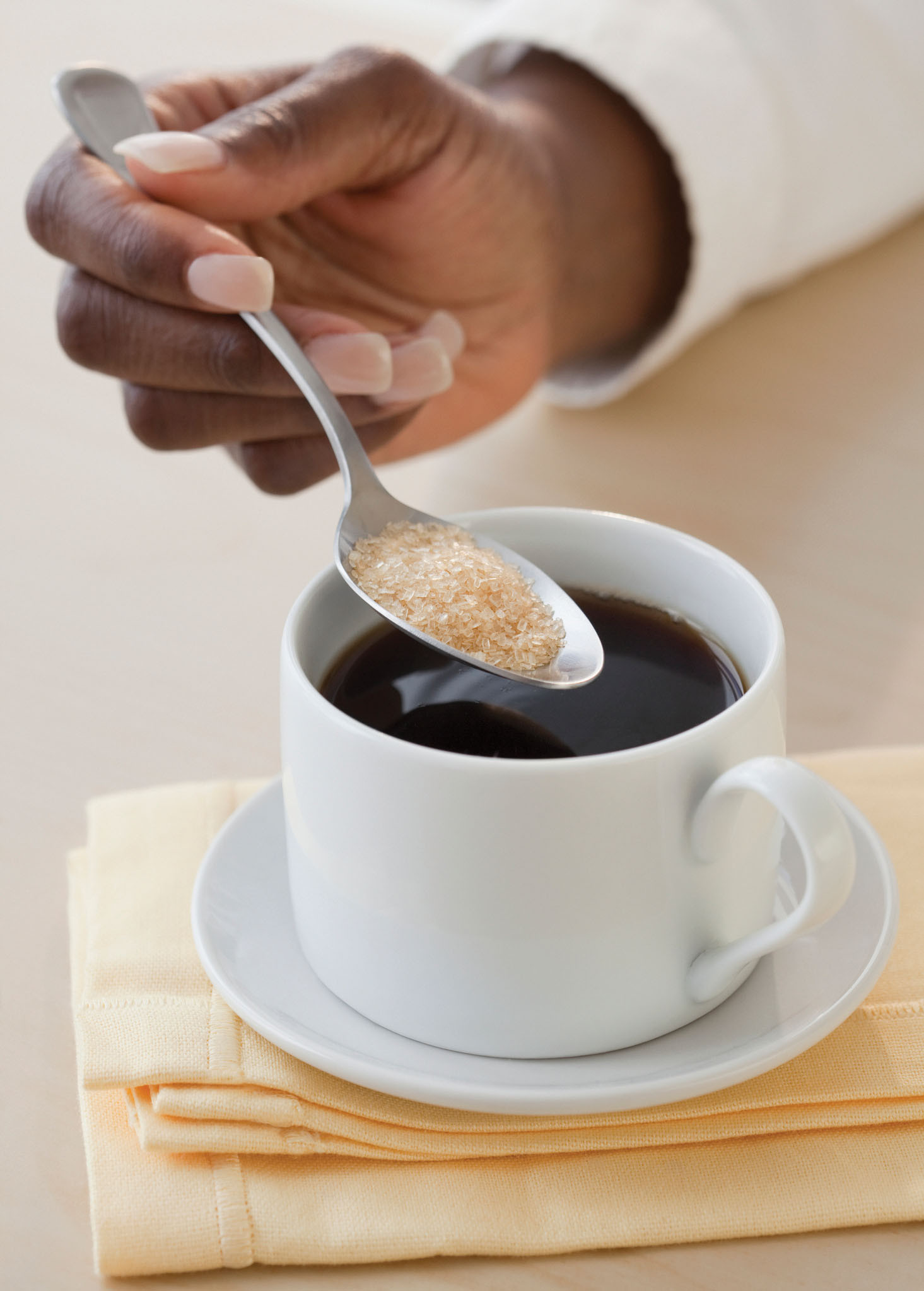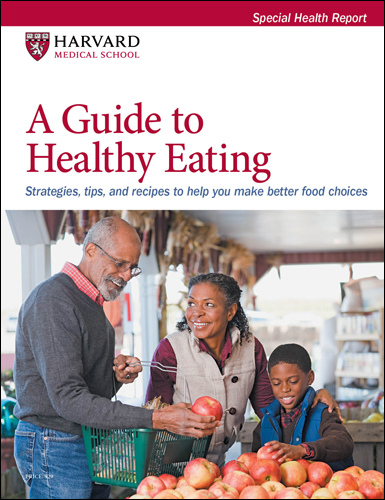Even with a little sugar, coffee may still be good for health
News briefs
- Reviewed by Anthony L. Komaroff, MD, Editor in Chief, Harvard Health Letter; Editorial Advisory Board Member, Harvard Health Publishing
 Go ahead, sweeten your morning cup of brew. With or without a little sugar, coffee is associated with a longer life, according to a study published online May 31, 2022, by Annals of Internal Medicine. The study included more than 170,000 healthy people (ages 37 to 73) who reported their health information and coffee drinking habits, and were followed for about seven years. Compared with people who didn't drink coffee, people who drank unsweetened coffee (caffeinated or decaffeinated) each day were up to 30% less likely to die during the study period. There was also some protective effect from coffee sweetened with sugar (about a teaspoon per cup), and possibly with the use of artificial sweeteners. The greatest benefits were seen among people who drank 1.5 to 3.5 cups per day. The study was observational and didn't prove conclusively that coffee improved longevity. However, coffee does contain powerful plant compounds with anti-inflammatory and antioxidant properties that are good for health. While coffee sweetened with sugar also was associated with protection, adding sugar offered no extra protection, and consuming too much sugar during a day (not just in your coffee) is associated with various chronic diseases and premature death.
Go ahead, sweeten your morning cup of brew. With or without a little sugar, coffee is associated with a longer life, according to a study published online May 31, 2022, by Annals of Internal Medicine. The study included more than 170,000 healthy people (ages 37 to 73) who reported their health information and coffee drinking habits, and were followed for about seven years. Compared with people who didn't drink coffee, people who drank unsweetened coffee (caffeinated or decaffeinated) each day were up to 30% less likely to die during the study period. There was also some protective effect from coffee sweetened with sugar (about a teaspoon per cup), and possibly with the use of artificial sweeteners. The greatest benefits were seen among people who drank 1.5 to 3.5 cups per day. The study was observational and didn't prove conclusively that coffee improved longevity. However, coffee does contain powerful plant compounds with anti-inflammatory and antioxidant properties that are good for health. While coffee sweetened with sugar also was associated with protection, adding sugar offered no extra protection, and consuming too much sugar during a day (not just in your coffee) is associated with various chronic diseases and premature death.
Image: © JGI/Jamie Grill/Getty Images
About the Author

Heidi Godman, Executive Editor, Harvard Health Letter
About the Reviewer

Anthony L. Komaroff, MD, Editor in Chief, Harvard Health Letter; Editorial Advisory Board Member, Harvard Health Publishing
Disclaimer:
As a service to our readers, Harvard Health Publishing provides access to our library of archived content. Please note the date of last review or update on all articles.
No content on this site, regardless of date, should ever be used as a substitute for direct medical advice from your doctor or other qualified clinician.
















